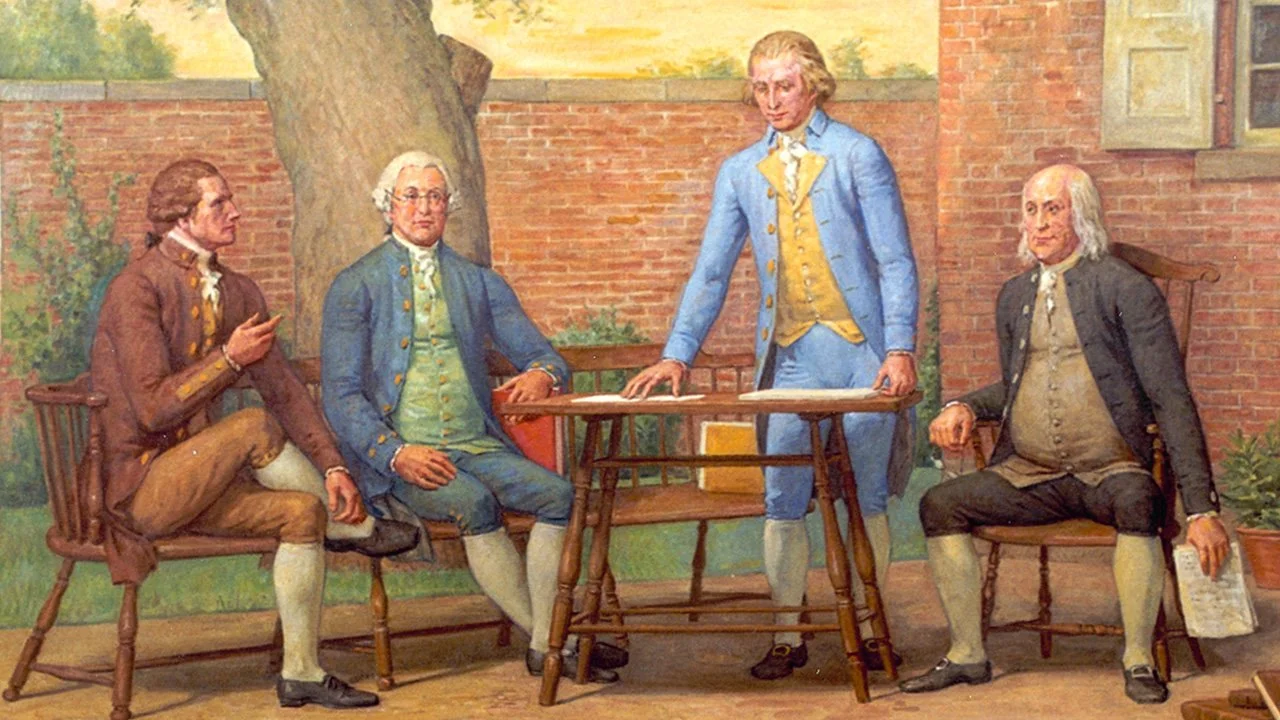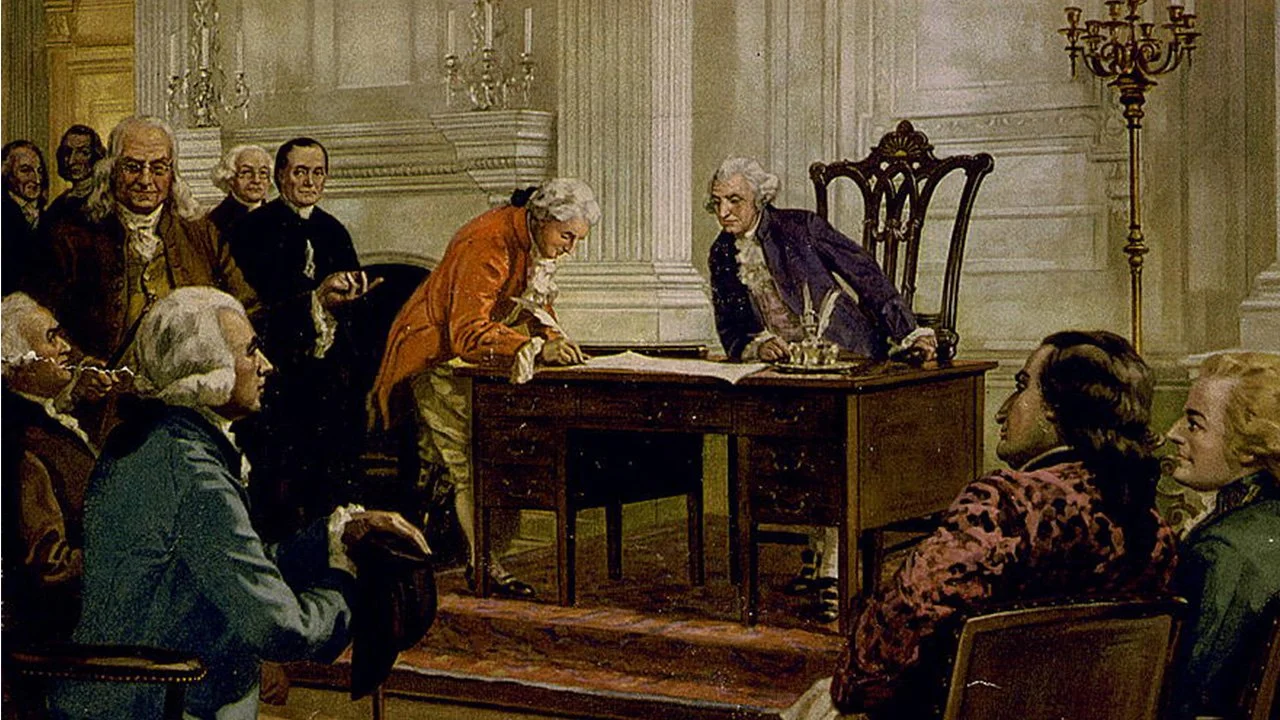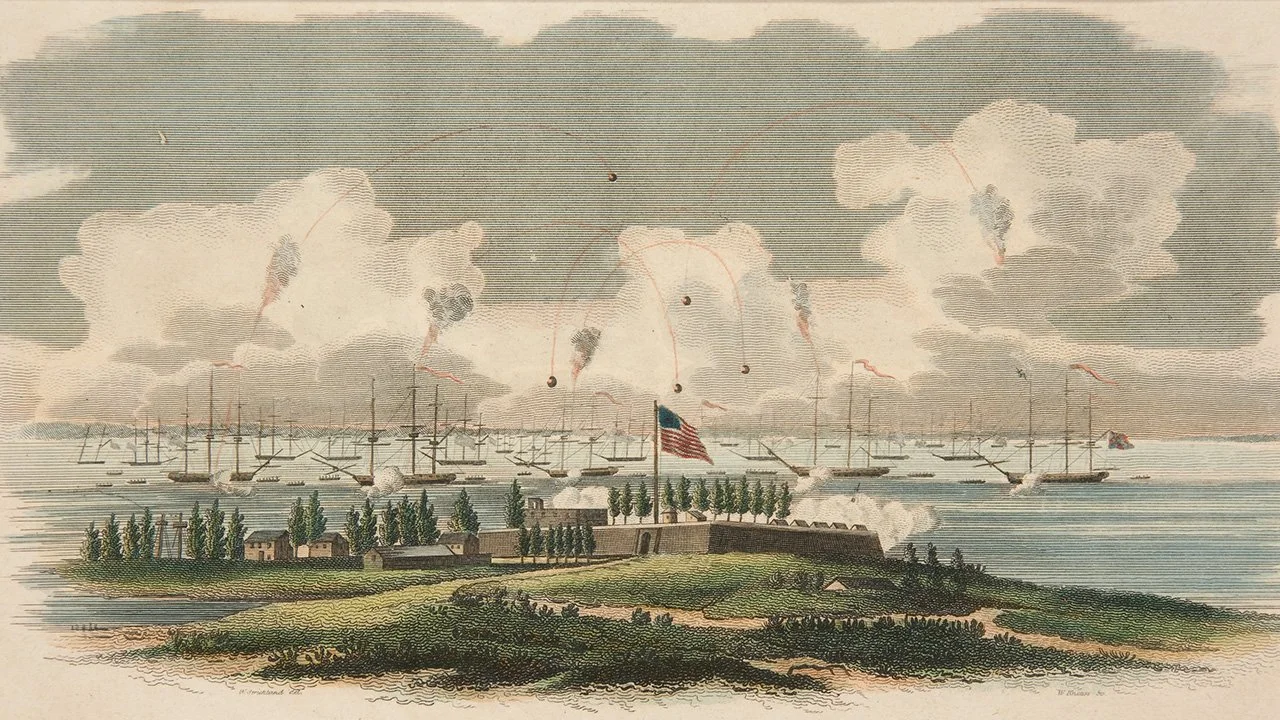The Early Life of Daniel Boone
Daniel Boone was one of the greatest American explorers from our founding era. Born in 1734 in southeastern Pennsylvania, his family moved to North Carolina in 1750, where he joined the local militia and participated in the ill-fated Braddock expedition at the Battle of the Monongahela. In 1756, Boone married Rebecca Bryan, with whom he raised 10 children. He spent the next decade ranging far and wide into the Appalachians, getting his first glimpses of Kentucky and honing his mountain skills.
Heading to Kentucky on the Wilderness Road
The Wilderness Road, running from northeast Tennessee through the Cumberland Gap, was the main thoroughfare from 1775 to 1820 for Americans heading west into the new promised lands of Kentucky. The pathway, blazed by Daniel Boone, was our nation’s first migration highway, but the trip was not for the faint of heart.
America Looks Westward
American pioneers had a yearning to move west and discover new lands. Along the way, they had to overcome daunting natural barriers, including the Appalachian Mountains. Immigrants desiring the unclaimed lands to the west traveled from Pennsylvania through the Shenandoah Valley to western North Carolina.
The Legacy of Ben Franklin
Ben Franklin was truly one of the marquee members of the Founding generation. No American spent longer on the world stage nor had more impact in a greater variety of areas than this brilliant man.
Ben Franklin Influences Constitutional Convention
Ben Franklin returned to America in September 1785 having been away for eight years. The nation to which he returned was struggling under the Articles of Confederation, and consequently, a convention was called to address these issues. Pennsylvania named Franklin as one of their delegates. Despite being 81 years old and in poor health, Franklin willing gave his services to America.
Ben Franklin Becomes America’s Top Diplomat
America declared its independence from England on July 4, 1776, but our leaders knew that success would depend on securing the assistance of France, England’s eternal enemy. In December 1776, Congress sent Ben Franklin to Paris to negotiate with the French. Although Franklin was seventy years old and in poor health, he willingly accepted the post as he was now fully committed to the American cause.
Ben Franklin Works Towards Independence
In the decade preceding the American Revolution, Ben Franklin worked to reconcile differences between England and her American colonies. Franklin’s position began to change after John Dickinson published a series of articles entitled Letters from a Farmer in Pennsylvania. Disillusioned with King George’s policies, Franklin left England for America in March 1775. After arriving home, Pennsylvania chose Franklin as a delegate to the Second Continental Congress, then convening in Philadelphia.
Benjamin Franklin Enters Politics
Ben Franklin became a member of the Philadelphia City Council in 1748, beginning more than four decades in American politics. As deputy postmaster-general, he began to consider the colonies as one entity instead of thirteen individual parts, and even proposed a plan of union at the Albany Congress in 1754.
Virginia’s House of Burgesses
In 1619, the Colony of Virginia created a General Assembly, which included 22 men called burgesses. These men had been elected by Virginia’s eligible voters, making the House of Burgesses the first representative legislature in British America. In the years leading to the American Revolution, as Parliament introduced more burdensome legislation, the House of Burgesses was at the forefront of colonial opposition and had an outsized influence on the founding of our great nation.
How the Colonies Were Governed
The colonies of British America were not created in the same mold, but rather were governed under three different systems: royal, self-governing and proprietary. The different systems of colonial government created diverse attitudes towards English rule and our independence.
Ben Franklin, America’s First Man of Science
Ben Franklin was one of the world’s foremost inventors and scientists, using his creative genius for the betterment of mankind. His most famous discovery came in the field of electricity, which became his all-consuming passion. Amazingly, Franklin refused to patent any of his inventions as he felt they should be shared.
Ben Franklin Improves Life for His Fellow Citizens
Ben Franklin devoted much of his life to the betterment of mankind. He notably did this in the areas of science and politics, but he also worked to improve his local community.
Ben Franklin’s Writing Enlightens and Entertains America
Ben Franklin wrote two of the greatest treasures of American literature, Poor Richard’s Almanack and his autobiography. Through both, readers had a chance to see the world from the perspective of one of the most talented men America has ever produced.
The Great Seal of the United States
The work to create our Great Seal began on July 4, 1776, when Congress formed a committee including Benjamin Franklin, John Adams, and Thomas Jefferson to design an official seal for our new country. It took three committees and Charles Thompson, secretary of Congress, six years to come up with the final design!
Ben Franklin, British America’s Most Successful Printer
Ben Franklin got his first taste of the printing business in 1718 when he turned twelve and entered an apprenticeship at his brother’s Boston newspaper, The New-England Courant. He would eventually own eight of the fifteen newspapers in the American colonies, making him one of the richest men in America.
The History of America's Flag
The American flag was born on June 14, 1777, when Congress passed the original Flag Act which read, “Resolved, That the flag of the thirteen United States be thirteen stripes, alternating red and white, that the union be thirteen stars, white in a blue field, representing a new constellation.”
Ben Franklin, An Extraordinary Man from Humble Beginnings
Ben Franklin was one of the most extraordinary men America has ever produced. Born in Boston on January 17, 1706, to a soap and candle maker who emigrated to America in 1683, Franklin had only two years of formal schooling before going to work for his father. After a few years, he went to work as an apprentice printer for his older brother James who owned a newspaper called The New-England Courant. That job would spark an interest that led to a prosperous career in printing.
Loyalists Pay Heavy Price During Revolution
During the American Revolution, roughly one quarter of colonists did not want to separate from England. From their perspective, life in the English colonies of North America was relatively good. They believed in their rights as deeply as the most devoted Patriot, but rebelling against their king was a line they would not cross.























